How New Federal and State Clean Transportation Policies Could Impact Michigan Fleets
Shifting Federal Priorities: What Michigan Fleets Need to Know
Since the beginning of 2025, there has been a significant shift in federal clean transportation policies, considering the new administration’s “Unleashing American Energy” executive order. This sequence marks a drastic turn from an emphasis on electric vehicles (EVs) and greenhouse gas (GHG) rules of the last administration. Given that Michigan is home to America’s largest automotive sector, this policy change will significantly affect the state and transportation as a whole.
Manufacturers and fleets operating in Michigan are unsure about the Trump Administration’s intention to revoke California’s waivers for zero-emission vehicle (ZEV) rules and possibly the EPA’s rights to control greenhouse gases. Should these waivers be revoked or undermined, Michigan fleets could be subject to less federal-level requirements guiding their shift to ZEVs. However, manufacturers and suppliers with Michigan-based operations investing in EV and clean tech development may suffer repercussions from the legislation change.
Given that Michigan is home to America’s largest automotive sector, this policy change will significantly affect the state and transportation as a whole.
State-Level Action: Michigan's Response to National Uncertainty
Even while federal policies shift, Michigan’s state legislation may continue supporting EV transportation initiatives. Given federal rollbacks, several states are likely to rely more on state rules, incentives, and budgetary allocation rather than federal standards. Considering its unique position in the automotive industry and its support by alliances with utilities and public bodies, Michigan has demonstrated leadership in supporting advanced automotive technologies and renewable energy.
The state is involved in multiple clean transportation funding programs, which offer millions annually through various grants and rebates. Michigan’s utilities and agencies have historically supported infrastructure development for electric and alternative fuel vehicles; there is little indication this will change. If federal programs see cuts, Michigan may further prioritize state-level incentives to fill funding gaps and attract economic growth stimulated by the trend in sustainable transportation.
Federal Funding Risks: How Michigan Programs Could Be Affected
The Trump administration is reviewing several major federal funding programs implemented under the Biden administration—such as the Clean School Bus (CSB) Program, National Electric Vehicle Infrastructure (NEVI) Program, and the DOE Hydrogen Hubs. Many of these programs have not fully allocated funds; as a result, future rounds of funding are at risk of being paused or redirected.
“EV projects could continue without disruption at a time when over 100 fleet managers in Michigan are not interested in buying EV school buses due to reliability issues”
According to interviews done by the Michigan Propane Gas Association
For Michigan, which has benefited from these grants to modernize school bus fleets, expand EV infrastructure, and support hydrogen development, this could mean delayed or reduced access to resources crucial to continue modernizing public transportation. However, previously contracted awards for this initiative are at less of a risk. Therefore, “EV projects could continue without disruption at a time when over 100 fleet managers in Michigan are not interested in buying EV school buses due to reliability issues,” according to interviews done by the Michigan Propane Gas Association.
Long-Term Market and Legal Impacts in Michigan
Manufacturers and Michigan fleets will continually monitor legal challenges regarding dismissing California waivers and greenhouse gas rules in the long term. With the Supreme Court reversing the Chevron Doctrine in 2024, in which courts are no longer obligated to defer to a federal agency’s interpretation of the law, courts now must assess Congressional intent more narrowly. The repercussions of this will likely result in some restrictions on federal regulatory authority.
Conclusion
For Michigan, the 2025 sustainable transportation plan offers both benefits and risks. Although federal-level rollbacks could slow down national ZEV adoption and diminish funding certainty, Michigan’s strong automotive industry, state incentives, and local leadership offer methods to handle the changing terrain. Fleets and manufacturers have to be agile to correctly plan using state programs and tracking of federal court judgments.
References:
- Federal Register: “Unleashing American Energy” Executive Order (2025)
- EPA: Clean Air Act Overview
- EPA: Vehicle Emissions California Waivers and Authorizations
- DOE: Hydrogen Hubs Program
- EPA: Clean School Bus Program
- State of Sustainable Fleets, 2025 Policy & Funding Trend Brief
- Michigan EGLE Programs
- Loper Bright Enterprises v. Raimondo, 2024 Supreme Court Decision

